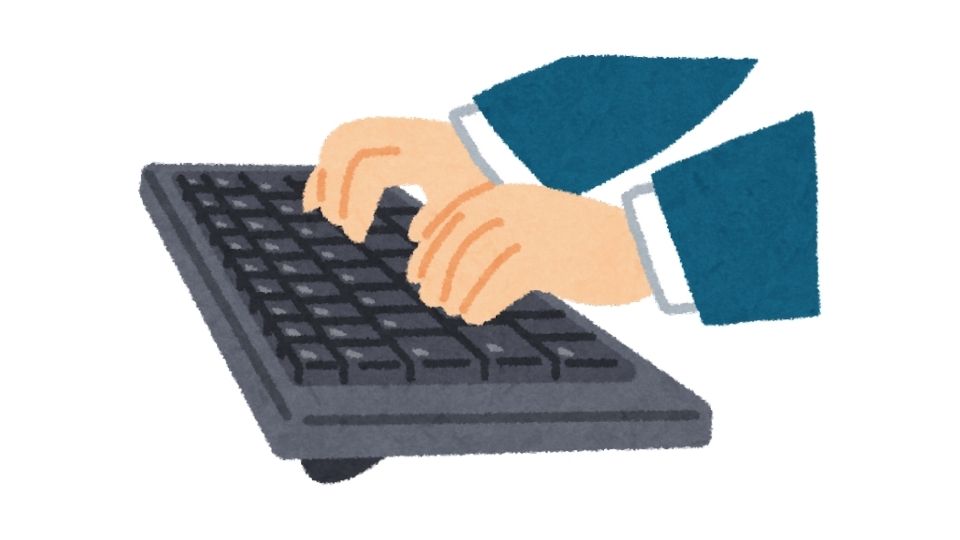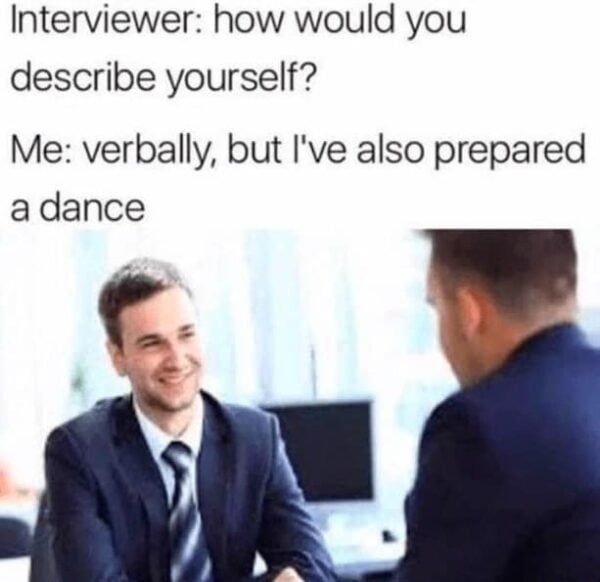How to Show Evidence of Excellence in an Interview

When preparing for a job interview, showing evidence of excellence isn’t just a nice-to-have—it’s what separates you from the crowd of “I’m a hard worker” candidates.
Anyone can claim they’re amazing. But employers want PROOF. They want to see the receipts that show you consistently crush it and deliver value beyond expectations.
So let’s break down exactly what counts as evidence of excellence and how to present it in a way that makes hiring managers think “we need this person yesterday.”
What Is Evidence of Excellence?
Evidence of excellence is the tangible proof that you’re not just qualified—you’re exceptional. It’s the cold, hard facts about your expertise, achievements, and how you’ve consistently gone above and beyond in your career.
This isn’t about saying “I’m detail-oriented” (yawn). It’s about having specific examples, metrics, awards, and stories that prove you’re the real deal.
Why Employers Care About Your Excellence

Let’s be real—interviewers don’t ask about your achievements just to make conversation. They want to:
- See if you can back up those fancy claims on your resume
- Figure out if you’re someone who’s motivated to exceed expectations
- Verify your problem-solving skills and ability to deliver actual results
- Identify candidates who will elevate the whole team
Companies aren’t looking for people who do the minimum. They want professionals who take initiative and consistently deliver results.
Types of Evidence That Scream Excellence
Quantifiable Achievements
Nothing says excellence like numbers. For example:
“I implemented a new data analytics model that increased revenue by 12% by providing real-time pricing oversight.”
This works because it shows exactly how your actions created measurable value.
Leadership & Project Success
“Despite significant risks, I led a cross-departmental project that met a critical deadline by coordinating teams and creating contingency plans.”
This demonstrates your ability to lead, collaborate, and perform under pressure—all traits employers drool over.
Innovation & Problem Solving
“I developed a payroll application logic that successfully scaled to 35 million users while integrating multiple HR systems.”
This shows creativity, technical skill, and the ability to think big—qualities that set top performers apart from average ones.
Awards & Recognitions
“I won the NASA rover engineering challenge for designing a simulator capable of clearing asteroid debris.”
External validation hits different. It proves your excellence isn’t just in your own mind.
Consistent Top Performance
“I maintained the highest customer satisfaction scores in my department for over two years, exceeding KPIs by an average of 15% each quarter.”
Consistency is key—anyone can have one good day, but excellence is about showing up day after day.
How to Present Your Excellence in Interviews

Use the STAR Method (But Make It Interesting)
The STAR technique (Situation, Task, Action, Result) is interview gold for a reason. It gives your stories structure without putting people to sleep:
- Situation: Set the scene quickly
- Task: What was your specific challenge?
- Action: What badass moves did you make?
- Result: How did you crush it?
For example:
“When our biggest client threatened to leave due to quality issues, I assembled a response team and personally analyzed their feedback patterns. I implemented three key process changes and conducted daily check-ins with the client. Within 30 days, we improved their satisfaction scores by 40% and secured a contract renewal worth $1.2 million.”
Notice how this is way more compelling than just saying “I’m good with clients”?
Quantify Everything You Can
Numbers make your excellence concrete and believable. Don’t just say you “improved efficiency”—say you “reduced processing time by 35%” or “saved the company $50,000 annually.”
According to research by LinkedIn, candidates who quantify their achievements are 57% more likely to be hired.
Match Your Excellence to Their Needs
This is crucial—align your evidence with what the company actually values. If they’re all about innovation, highlight your creative problem-solving. If they emphasize teamwork, showcase your collaborative wins.
Study the job description like it’s going to be on the test (because it is).
Show Growth and Resilience
Excellence isn’t just about winning—it’s about how you handle challenges. Share stories about how you:
- Bounced back from setbacks
- Applied feedback to improve
- Turned failures into valuable lessons
For example: “After receiving critical feedback on my presentation skills, I joined Toastmasters and practiced weekly. Six months later, I delivered the keynote at our industry conference and received a standing ovation.”
Examples by Job Role

Different roles call for different kinds of excellence. Here are some role-specific examples:
For Accountants:
“I applied my knowledge of ASC 606 to accelerate revenue recognition by 2-3 months, resulting in better financing terms that saved the company $200K.”
For Customer Success Managers:
“I created a dashboard that resolved 90% of account questions within two hours, improving our NPS score from 65 to 82 in just one quarter.”
For Software Engineers:
“I refactored our authentication system, reducing login times by 75% while improving security—changes that directly contributed to a 15% increase in daily active users.”
For Sales Professionals:
“I consistently exceeded quota by at least 20% for eight consecutive quarters, bringing in $3.2M in new business through my customized outreach strategy.”
What NOT to Do When Showing Evidence of Excellence
- Don’t be vague. “I’m a team player” means nothing without examples.
- Don’t exaggerate or lie. Employers check references, and getting caught in a lie is career suicide.
- Don’t ramble. Keep your examples focused and impactful.
- Don’t use irrelevant examples. That time you won a hot dog eating contest? Probably not relevant (unless you’re applying to be a competitive eater).
Final Tips to Showcase Your Excellence

- Prepare multiple STAR stories covering different skills like leadership, problem-solving, and collaboration.
- Practice out loud until you can deliver your examples confidently without sounding rehearsed.
- Bring documentation if appropriate—awards, performance reviews, or project results can add credibility.
- Show enthusiasm for excellence as an ongoing journey, not a destination.
Remember, evidence of excellence isn’t about bragging—it’s about proving you deliver value. By preparing specific, measurable examples that align with what employers need, you’ll stand out as the candidate who doesn’t just talk a good game but has the receipts to back it up.
And isn’t that what excellence is all about?

